In the fall of 2017, shortly after he became chief executive officer of Blue Origin, Bob Smith received an extensive briefing on the state of the New Glenn rocket program. The projected launch date for the massive, reusable rocket was 2020, he was told.
As Smith assessed the progress on New Glenn to date and drew upon his long experience at Honeywell Aerospace, he soon came to the conclusion that this launch date was unreasonable. "This is not a 2020 launch program," he said at this meeting. "This is a 2022 program, at best."
Blue Origin founder Jeff Bezos was not present for this, but his response afterward was that he would absolutely not accept any revision to the launch date for the large orbital rocket. Blue Origin should be optimistic with its projections, Bezos said. And then they should meet those projections.
Bezos' rocket company, of course, did not meet those projections. Not only did New Glenn not launch in 2020, last week Blue Origin said it would not launch until the fourth quarter of 2022, at the earliest. As part of its announcement, Blue Origin also did not take much blame for the rocket's delay—instead, the company blamed the delay mostly on a potential customer, the US Department of Defense.
"Who does that?" asked one former employee of the company. "That excuse makes no sense."
Blue Origin's New Glenn project is incredibly ambitious. If successfully developed, it would offer a revolutionary heavy-lift service to low Earth orbit, geostationary space, and even the Moon. So what really has gone wrong? Ars spoke with several former employees and industry officials familiar with the company for this story.
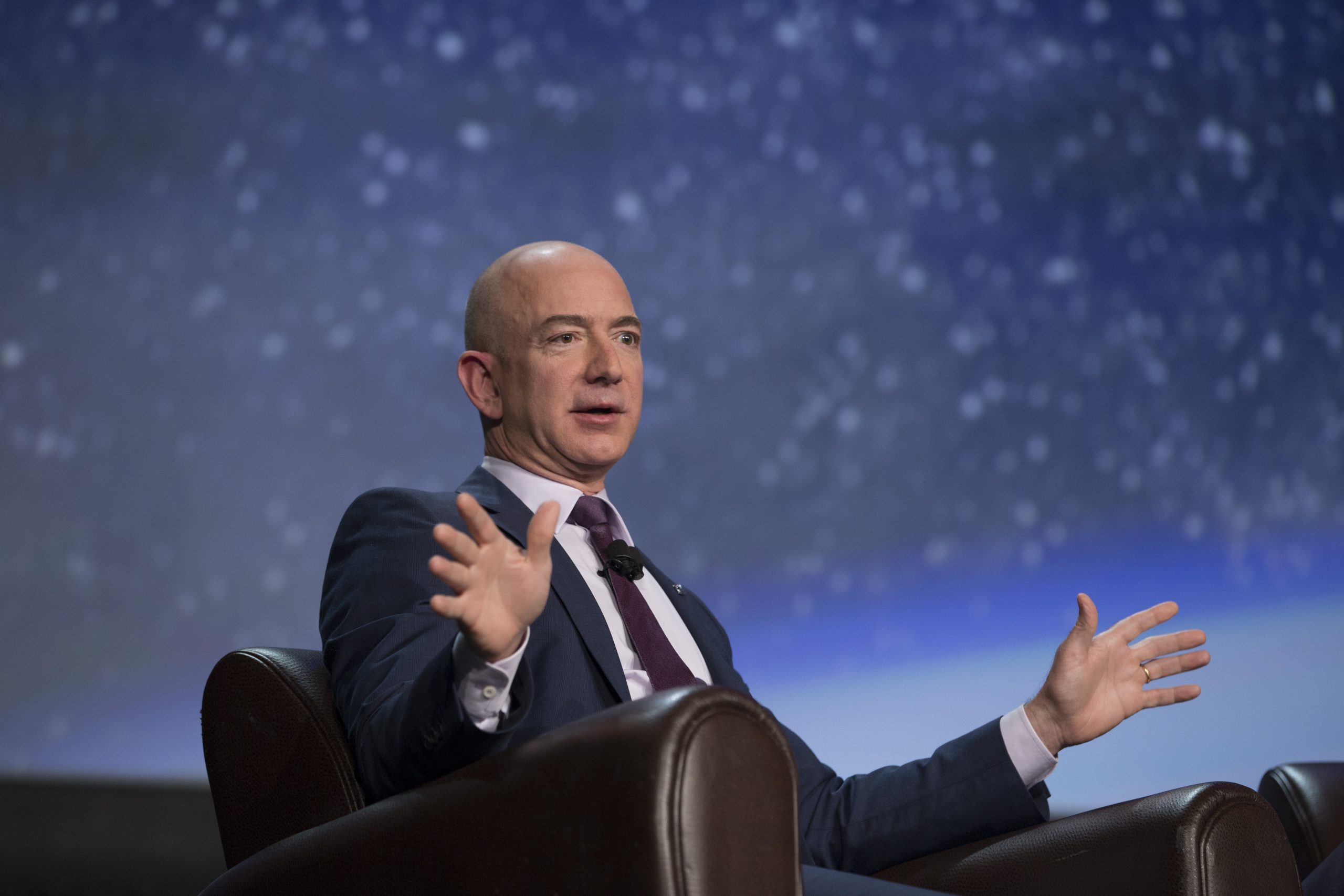
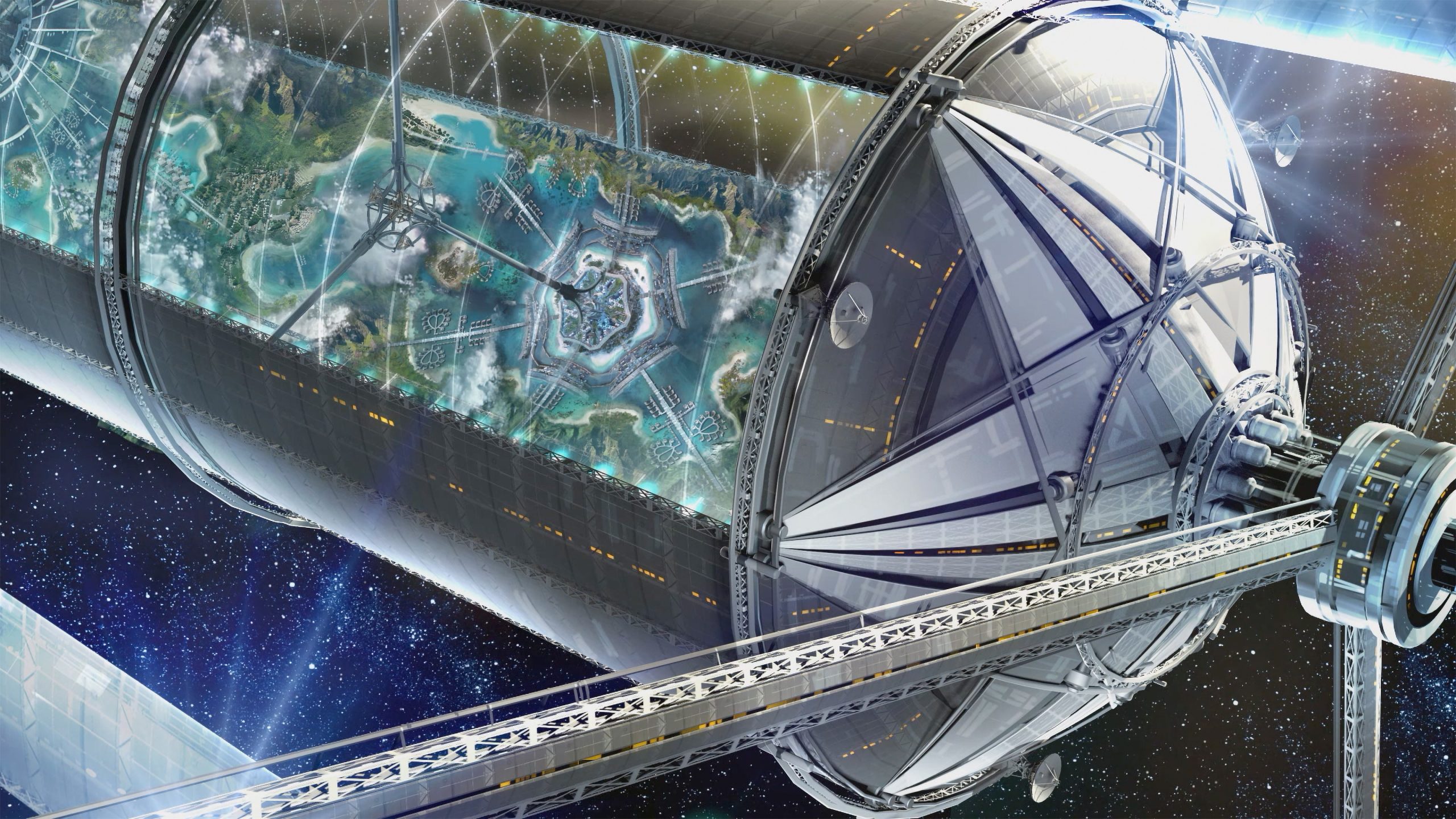
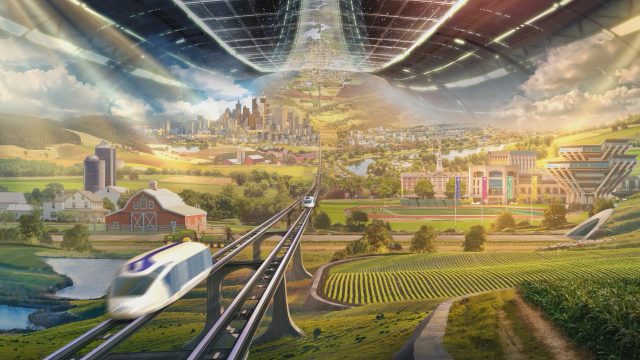



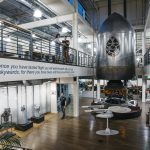
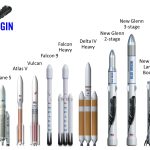

 Loading comments...
Loading comments...
